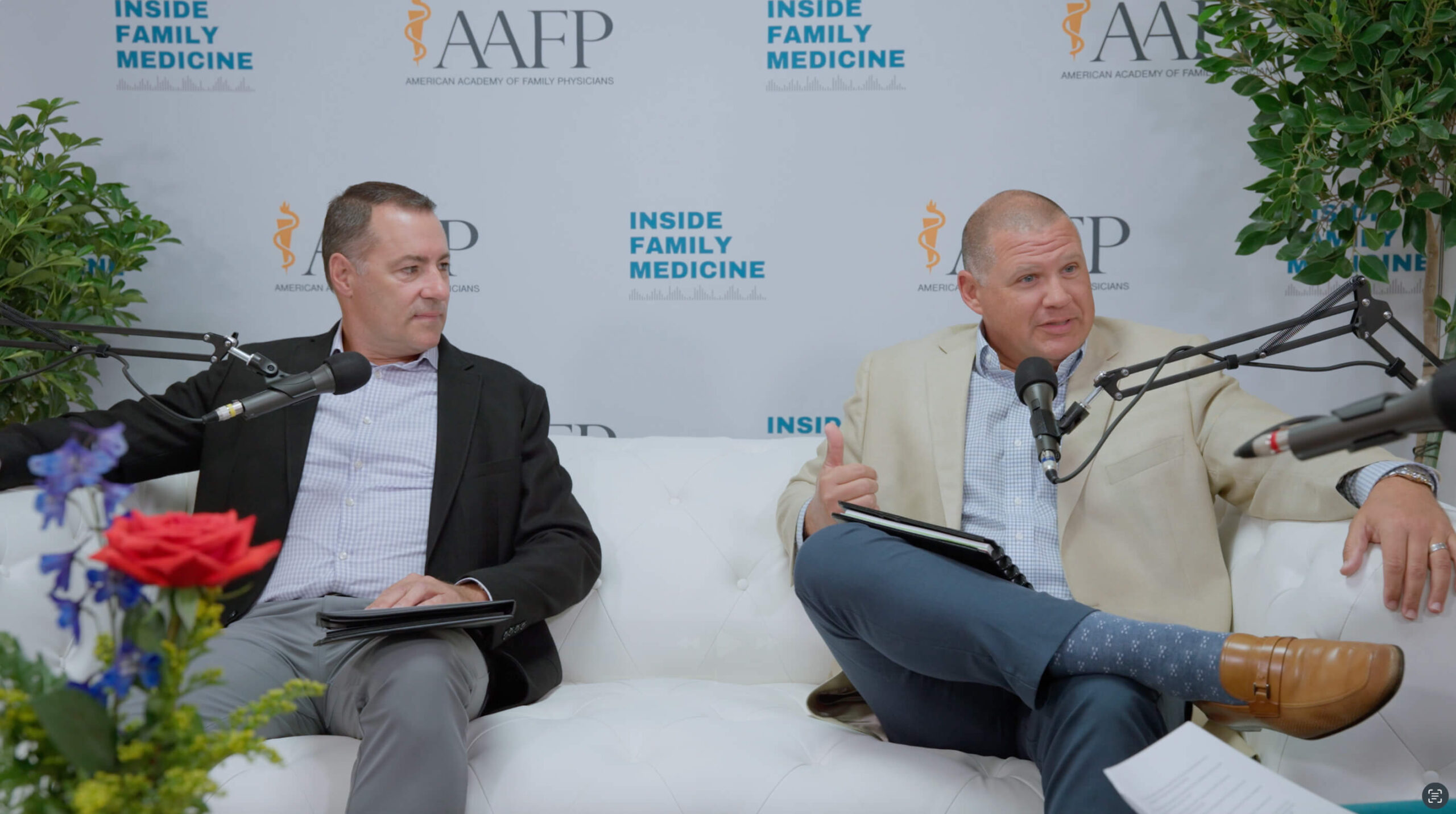New docs are embracing the use of Facebook, Twitter, LinkedIn and YouTube as a way to strengthen the doctor-patient relationship in addition to simplifying the way health news is received and distributed. However, some senior physicians don’t see how the utility of social media could benefit a doctor’s medical practice, deeming it distracting and in some ways, anti-social. While that is a common generalization, doctors who take to the web are doing so for the betterment of their career and their patients’ health. Because more people are taking their health into their own hands, it benefits doctors to visit the sites their patients visit and use the networking tools they use. Physicians in all fields and specialties will get a general understanding of how patients are self-diagnosing themselves and if the sites they visit are credible sources of medical information.
In a survey released by DocStyles, researchers examined five groups of physicians and their use of social media and other Internet-based communication technologies. Based on respondents’ reported technology use over six months, 80.6% used a portable device to access the internet, 59.1% used social networking sites, and 12.9% wrote a blog post. While the survey did not explore how exactly physicians could profit from using social networking sites, here are a few possible ways that every doctor from surgeons to family physicians can benefit from these platforms:
Social Discovery – Social media is all about sharing your thoughts and experiences with others in your field as well as finding out what your peers are doing and saying online. Sure, you could just go to the closest search engine to find more information about the latest medical advancement, but social media provides a community-based setting where viewpoints are shared and debated. You can connect with industry leaders, friends and colleagues to see what’s going on with everyone’s practice.
Exposure – By setting up a social media profile on Facebook, Twitter or LinkedIn, you will make it easier for your patients and peers to find you and interact with you online. You can set up a professional persona where you offer medical insights and advice to your followers who may be potential patients. This will help raise awareness of yourself as a medical professional and your practice as a whole. With the increase in exposure, you have the potential to reach more patients which will ultimately lead to more revenue.
Better Listening – Some doctors use social media as a customer service tool. You can gauge the reaction of patients, check out reviews of your practice, and find out how you can improve upon your office or staff. Social listening is a great way to receive feedback and respond to patients’ complaints.
Low Cost – Social media is incredibly affordable, and by affordable we mean generally free to use and maintain. Little energy is needed to sign up for an account, and there are plenty of great social monitoring tools you can use to track conversations that are going on around the medical industry such as Hootsuite and Tweetdeck. If you have room in your budget to sign up for paid advertising like Facebook Ads or Twitter Promoted Tweets go for it. This can help increase your social reach and make your voice louder in the social media universe – which is growing bigger every day.
Social media allows information to be shared with ease which has caused some concern among senior physicians who worry that young doctors and residents may use social media unprofessionally. Confidentiality is a major issue in the digital environment when it comes to patients’ records and privacy. You always run the risk of putting yourself and your practice at risk if you aren’t careful. If you decide to use social media in your practice, use it with caution. The American College of Physicians offers the following recommendations:
- Physicians should not use text messaging for medical interactions even with an established patient except with extreme caution and consent by the patient.
- E-mail or other electronic communications should only be used by physicians within an established patient-physician relationship and with patient consent.
- Many trainees may inadvertently harm their future careers by not responsibly posting material or actively policing their online content.
While some physicians remain hesitant on adopting the use of social media, these communication tools have the potential to update the health industry’s approach to patient care, data sharing and medical exploration.




